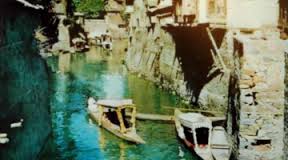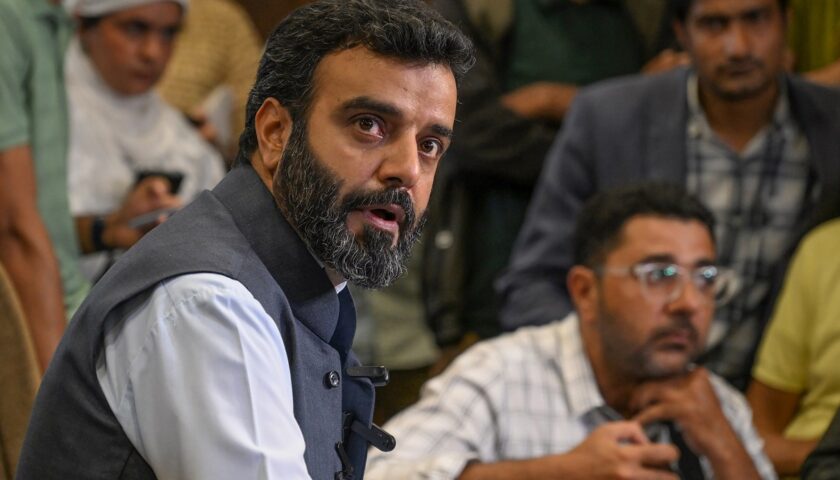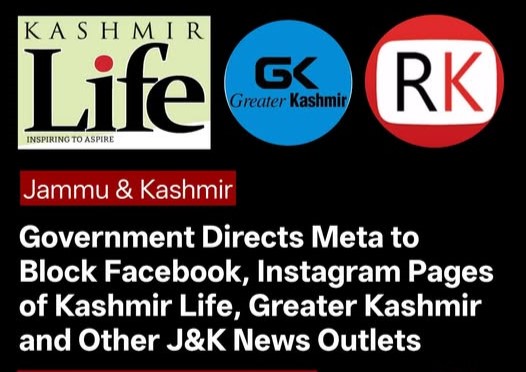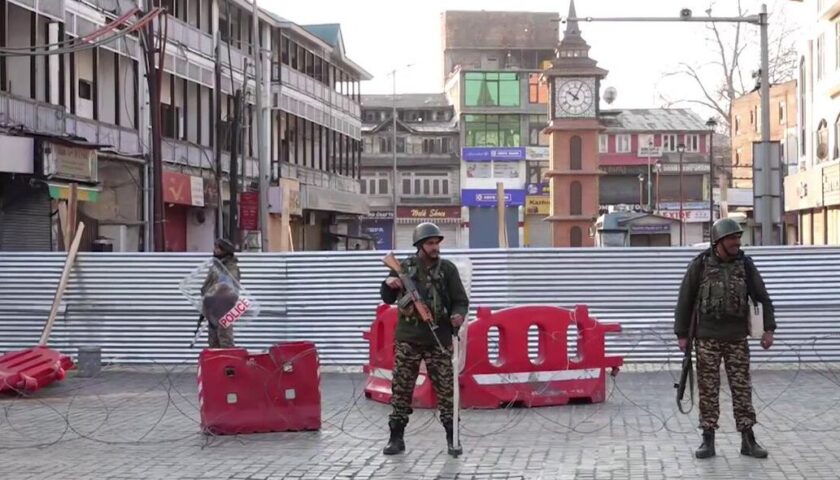Within a year in power, Peoples Democratic Party (PDP) has shelved its self rule agenda with its senior leaders questioning the party leadership over the “sell out”.
 Talking to us, one of the founders of PDP and Member of Parliament (MP), Tariq Hameed Kara said he would like to hear from the party leadership – the chief minister (Mufti Mohammad Sayeed) as well as the party president (Mehboba Mufti) why the party sidelined its self-rule agenda.
Talking to us, one of the founders of PDP and Member of Parliament (MP), Tariq Hameed Kara said he would like to hear from the party leadership – the chief minister (Mufti Mohammad Sayeed) as well as the party president (Mehboba Mufti) why the party sidelined its self-rule agenda.“After coming to power, governance is the only agenda left for the party now,” he said. “I have openly questioned the party leadership over it and they haven’t even answered me.”
PDP had touted self rule as a multidimensional resolution package taking care of not only the external and internal dimensions of Kashmir issue but the geographical dimensions of the problem as well.
David Devdas, the author of ‘In Search of a Future, the Story of Kashmir’, said PDP’s arrangement with the rightwing Bharataiya Janta Party (BJP) could only be regarding something closer to status quo not self rule.
“If there will be any forward movement, it will be some degree of compromise,” he said. “Sajad Gani Lone is part of the government too and closer to BJP and if they take any decision, they will have to accommodate him too.”
Devdas said self rule can only come about when there is some amount of engagement with Pakistan and it was only during the past six weeks that things had started to fall in place regarding the coalition government.
“Finally there is progress on Indo-Pak talks,” he said. “The compromise phase is coming up.”
When PDP was out of power, it would refer to self-rule as a panacea for everything bad in Kashmir but after taking over the reins of the government, the party has not even mentioned it once probably for keeping its ally BJP in good humour.
Human rights lawyer and civil rights activist, Parvez Imroz said in Kashmir, the ruling parties always toe New Delhi’s line and the opposition parties raise human rights issues, criticize the government and bring up issues like self-rule, autonomy and Article 370.
“In 2002, NC became champions of human rights and in 2008, PDP took their position and started raising peoples’ issues,” said Imroz, the founder and President of the Jammu and Kashmir Coalition of Civil Society (JKCCS). “Opposition parties have nothing at stake but in power they have limitations particularly with the Government of India.”
He said in the government, they cannot confront New Delhi for power and would not hesitate to end the special status of the State as they have no moral position.
“PDP is doing what NC was doing when it was in alliance with BJP,” Imroz said. “After GoI carved PDP out to keep a check on NC, it has options to choose from.”
PDP had finalized its self rule proposal in February 2007 terming it a multi-layer solution involving constitutional, political, social, trade and economic aspects of the problem with stress on political and economic empowerment of the State’s people and not its government.
Prof. Gull Wani, who heads the Kashmir University’s Institute of Kashmir Studies, said PDP cannot do anything and even if they wanted to as their coalition partners BJP would not let them as they do not believe in autonomy or self rule.
“For PDP, right now the priority is to stay in power not to work for self-rule,” Wani said.
Previously, the party would maintain that their concept of self-rule would extend to other parts of Kashmir (Pakistan administered Kashmir and Gilgit Baltistan) too, accommodating the real aspirations of the people, in all the regions of the State.
The party also used to talk of demilitarisation and free borders on the pattern of European Union but now the focus is only on governance.
PDP chief spokesman Mehboob Beg said it was not a compromise and that self-rule could not be achieved overnight.
“We are pursuing it quietly,” he said. “Our ‘Agenda of Alliance’ talks about relations with Pakistan, dialogue with Hurriyat and other groups as well.”
On why PDP no longer asserted on self rule, Beg said the Legislative Assembly polls had thrown a fractured mandate and PDP was respecting that mandate.
“It was a matter of numbers,” he said. “Farooq (Abdullah) sahab could have done anything under the sun with the two-third mandate but he chose not to.”




